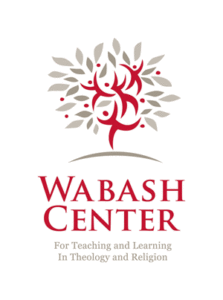
(VIDEO) Finally, Final Exams
Eric D. Barreto
It’s that time of the semester when fine weather and the end of an academic term meld into one lovely concoction of hopeful anticipation. After a long winter, I am relishing the open windows and the warm sunlight. After a long academic year, the promise of summer is in sight. But before that, we still have some work to do.
Finals.
Now, finals are much easier in some ways from the front of the classroom. The anxiety is lowered, the stakes not nearly as high when we are proctoring instead of taking these exams. And yet I have found myself thinking about these final projects much more, especially in my online classes.
Backward design has helped me focus on the aim and purpose of these final exams. If there are certain habits, practices, values that I hope to inculcate in my students, how can I create assignments that can help demonstrate their thoughtfulness about these outcomes? That is, I wonder whether my final assignments reflect the kind of learning in which I planned to invite my students when I designed the course.
Or another way to think about all this is to imagine someone trying to interpret my primary teaching and learning goals in my classes only by examining the prompts for the final projects I assign. If they skipped past my finely developed outcomes and moved to the end of the syllabus, what would they think was most important to me as a teacher? What skills would these final projects highlight? What practices do they demand? What values do they foreground?
I wonder if our graduate education sometimes prepares us to educate budding scholars rather than parish pastors or non-profit directors or curious undergraduates. That is, our final assignments suggest we are educating versions of ourselves rather than students who will engage and transform what we are teaching them in very different contexts.
Don’t get me wrong: I think there is great value in deep, substantive, academic knowledge. I think it is essential for the training of ministers and undergraduates alike.
But what if their call is not to be an academic like me but a practitioner? What if their aim is not to be a scholar but a thoughtful entrepreneur or a smart engineer or a transformative elementary school teacher? Do the final assignments I construct enable various kinds of students to demonstrate that they too are ready to draw upon their learning in very different contexts than my classroom?